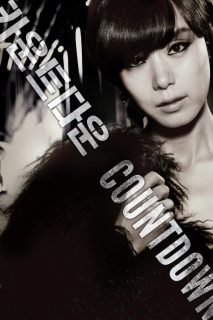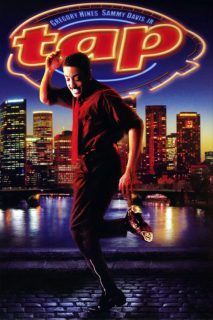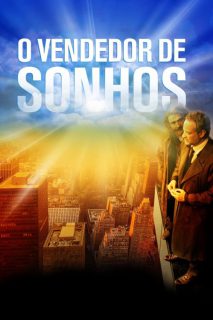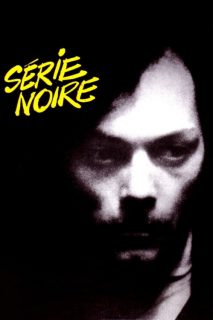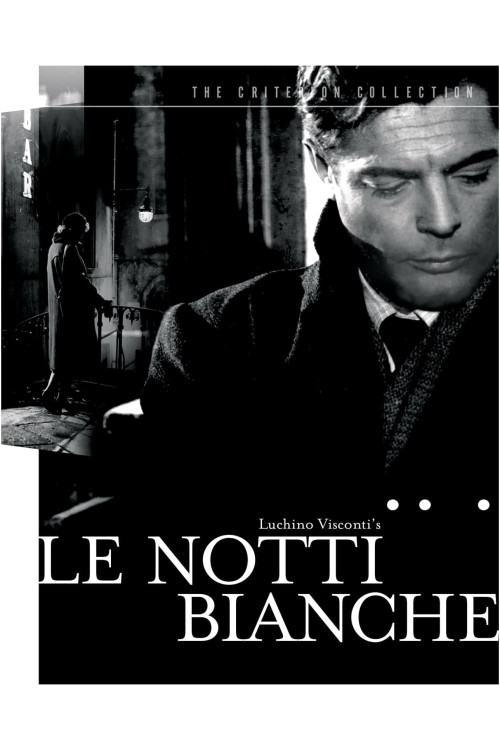
- Year: 1957
- Released: 28 May 1961
- Country: Italy, France
- Adwords: 7 wins & 7 nominations
- IMDb: https://www.imdb.com/title/tt0050782/
- Rotten Tomatoes: https://www.rottentomatoes.com/m/le_notti_bianche
- Metacritics:
- Available in: 720p, 1080p,
- Language: Italian
- MPA Rating: Not Rated
- Genre: Drama, Romance
- Runtime: 97 min
- Writer: Fyodor Dostoevsky, Suso Cecchi D’Amico, Luchino Visconti
- Director: Luchino Visconti
- Cast: Maria Schell, Marcello Mastroianni, Jean Marais
- Keywords: italy, dance, love, unrequited love, older man younger woman relationship, foreign language adaptation,
 | 7.8/10 |
Le Notti Bianche Storyline
A love triangle, the past invades the present. Mario, a shy man new in Livorno, chats up a crying woman on a bridge. She’s Natalia, waiting for a lover gone for a year who promised to return. For three nights, Mario accompanies Natalia, assists her, distracts her, dances with her. He falls in love with her. Can he pull Natalia into his arms, away from the past and from love for a man who will probably never return?—
Le Notti Bianche Photos
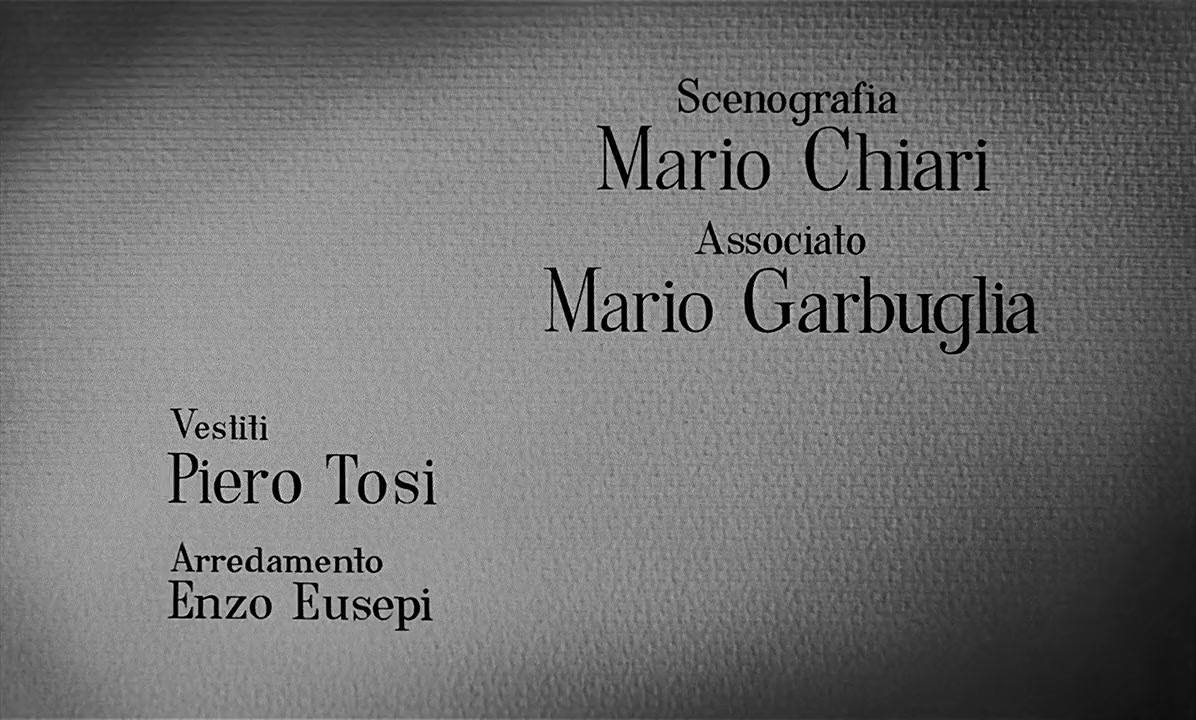
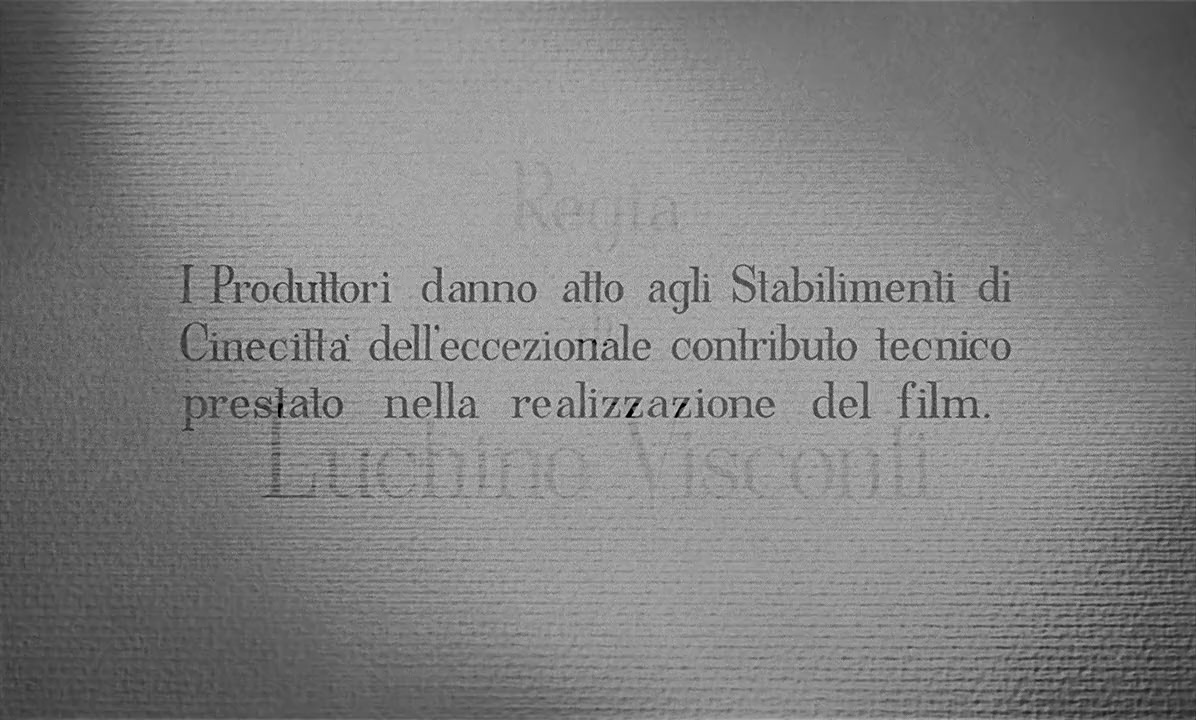
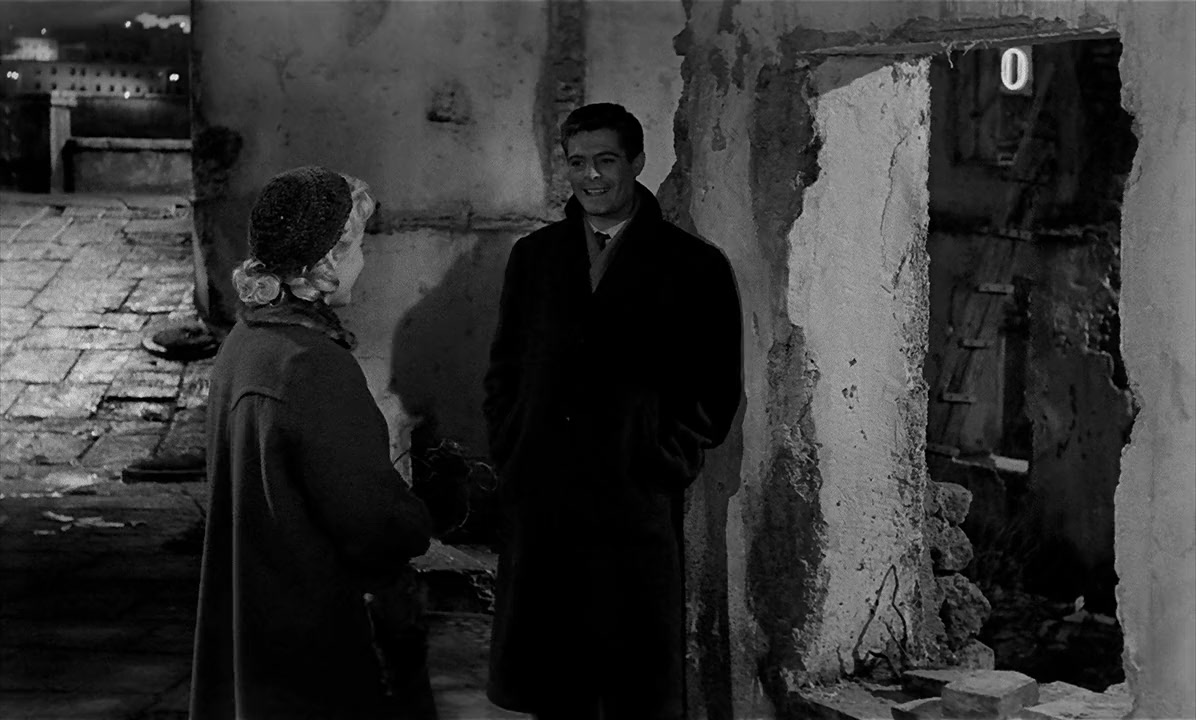
Le Notti Bianche Torrents Download
| 720p | bluray | 936.05 MB | magnet:?xt=urn:btih:5A7B82F3631277A7E77A7963F3BE9D51EBA3E01E | |
| 1080p | bluray | 1.7 GB | magnet:?xt=urn:btih:092A62484CC59EAE508387D67F510EC744D2F241 |
Le Notti Bianche Subtitles Download
| Arabic | subtitle Le notti bianche 1957 – Bluray – 2.06GB -01:41:46 | |
| English | subtitle Le.notti.bianche.1957.DVDRip.XviD.AC3-TINSeL | |
| Farsi/Persian | subtitle White Nights (1957) 720p, 1080p BluRay | |
| Farsi/Persian | subtitle Le Notti Bianche 1957 – 720 – 1080 B.R Le Notti Bianche 1957 – 720 – 1080 WEB.DL | |
| Farsi/Persian | subtitle Le Notti Bianche (1957) DVDRip fa | |
| French | subtitle Le.Notti.Bianche.1957.ITA.BRRip.720p.x264-HD4ME. Le.Notti.Biance.1957.720p.x264.DD2.0-HDS | |
| Greek | subtitle Le notti bianche 1957 1080p BluRay FLAC x264-EA | |
| Vietnamese | subtitle Le.Notti.Bianche.1957.(Luchino.Visconti).1080p.BRRip.x264-Classics.vi |
Le Notti Bianche Movie Reviews
about as moving a romantic drama can get; one of the best Dostoyevksy adaptations you’ll likely see
Fyodor Dostoyevsky is a writer I’ve gotten into heavily recently, and I couldn’t be happier to have seen Luchino Visconti’s adaptation of his short story (not yet read by me) as the first. The very essential, human search for happiness with a one true love, that those who may not have much money may at least find some kind of relief from the world in each other’s company, is at the heart of Dostoyevksy’s stories. And while often filled with sorrow, decay, and with enough melodrama to sink a ship, this spirit is then given catharsis when the good that comes in through the dark times it’s something to really cling to. Visconti has his own style already taking on Dostoyevsky’s work, and I wondered going into it if the director of another great adaptation, Ossessione, could pull it off. For me, it may even be better than that film; Le Notti Bianche gives us characters who are not overly complicated or with nefarious desires. If anything, these are the kinds of characters that I wish were in movies more often, flaws and all.
Marcello Mastroianni is also, for me, a really pleasant surprise seeing him in this film. Regrettably the only films I’ve seen him in are the early ones he made with Fellini, where his persona is cool, detached, and he could do his ultra suave &/or depressed and unchained characters effortlessly. With the character of Mario, Mastroianni is playing just an ordinary guy, with a low paying job and nothing special going for him in life. But if nothing else he is what most women in real life would look for in men, with compassion, sensitivity, but also sensible and with some of the minor flaws of being a nice guy. With the character of Natalia, Mario meets a woman whom he falls for hard, and wants to see again after a chance encounter. Maria Schnell is perfect against Mastroianni, as she has that kind of face and look in her eye (for lack of a better comparison) of any given American melodrama, only a bit more genuine. She’s basically been waiting, as she tells, for a year for the man who will whisk her away from all of her troubles. But will he? Will Mario come through on a letter? What happens through the course of an unsure night?
Visconti poises these two against a backdrop completely staged, brilliantly in fact, and shot by the great Giussepe Rotunno with the kind of visual splendor that in its own way is on par with Visconti’s the Leopard. It’s not filmed in the real world, and the melodrama in the film is that of a very cinematic- or maybe theatrical- nature, but because it’s an ultimately believable one the atmosphere gets heightened. Topped with Nino Rota’s elegant score, many a wide shot shows Mario and Natalia on their walks along the streets, and then the close-ups work just as well. Best of all is a quasi ice breaker of Visconti’s by doing a dance number in a bar, adding a sweet, if dated, levity that acts as the last mark before the story turns, and turns some more. What drew me in most about Le Notti Bianchi is how Visconti makes this a story of pure emotions, but one that is not at all sappy or trashy or whatever. Like with many of Dostoyevsky’s characters, even through their misguided wants and feelings and the sense of anguish that may come to them (or not), we care about them. If ever a director, who started in neo-realistic roots, took a 180 and made it just as dramatically satisfying, it’s here. One of the best films of 1957.
Beautiful fairy tale from Visconti.
A mythic, Venice-like city is an appropriate backdrop for a film which must have greatly offended European critics at the time who had thought of Visconti as one of the pioneers of the new realism in Italian Cinema (and indeed with Ossessione and La Terra Trema, he was!). But with this film Visconti seems to have changed his idea of what he wants in a film: instead of the pursuance of realism at all costs, we have a dream-like fairy tale about fairy tales.
Mario (Marcello Mastroianni) meets Natalia (Maria Schnell) one night, and is entranced. But as they begin to talk, over a couple of nights, he falls in love with her, and realises that she is already in love with another man. Maria is obsessed with a fairy-tale man (Jean Cocteau’s leading man Jean Marais), who up and left her a year ago without explanation and said he would return in a year, and if she still loved him, he would be there for her.
This film is evocative and beautiful – i’d love to see it in a clean theatrical print – especially the snow scenes at the end.
Its a very satisfying cinema experience, and one of Visconti’s most beautiful films. 8/10.
Highlights: the dancing scene! Snow scenes are beautiful, but the dancing scene stands head and shoulders above the rest of the movie. Marcello is shy and introverted – he is sitting in a night club with dreamy Natalia. When couples start getting up and busting some very cool moves to Bill Haley and the Comets’ Thirteen Women, Mario becomes nervous and starts talking to her about himself, talking around the fact that he’s a shy person and doesn’t like dancing and physical things… he likes dreaming, solitude… But when he sees how interested Natalia is by another man pulling some mean dance moves, things change. Great scene.
Beautiful, with a powerful ending
A wonderful, very touching rendition of Dostoevsky’s 1848 short story “White Nights.”
A lonely young man (Marcello Mastroianni) meets and instantly falls for a young woman (Maria Schell) in the street one night, but finds out she is waiting for a man who she fell in love with a year ago, and who promised to return (Jean Marais). As Mastroianni makes headway with Schell in the other man’s absence and she tells him honestly that it would take time for her devotion to change, we see that it’s a dual story of needing the patience to wait for love to come around, which may have one outcome or another.
Director Luchino Visconti gives us a dreamy atmosphere in the streets at night with beautiful framing, lights, and fog. The scenes in the rain and snow were memorable, and I loved how tightly he told this story, including the use of the flashback. It’s a romantic tale full of the emotions from the heart, but he avoids it from being cloying, and includes a wonderfully long dance scene, including the energy and passion of strangers dancing, as well as the couple’s awkward attempts (Mastroianni is pretty funny).
Another amusing scene is when Mastroianni promises to help Schell write a letter to the other man, and after they begin, she gently guides him. “Dear Sir,” he begins, and she says no, “Kind Sir.” He goes on with “Excuse me for writing to you, but you must forgive…” and she interjects with “Forgive my impatience but…” He admits that sounds all right and continues “For a whole year I’ve been waiting,” and she interrupts with “I’ve been sustained by a joyous hope…” It’s a lovely scene between the two, and shows us the Mastroianni’s conflicted emotions and Schell’s sweetness.
Mastroianni turns in an excellent performance, and the scene under the bridge is fantastic. I think Schell was probably a little less successful in her role, as she seemed to lack depth and smiled too often, but at the critical moments she delivered. The rest of the cast are in much smaller parts, some of which worked (the grandma is adorable), and some of which seemed a little off (Marais, playing the other guy, seems way too old, though I found the difference in ages wasn’t as big as I would have guessed; Maris 44 and Schell 31).
The film gets better as it goes along and finishes strong, with a powerful ending that’s brilliantly shot by Visconti.
My favorite quote from the film is from that fantastic scene under the bridge, with Schell in Mastroianni’s arms, and he says to her: “I wish I could make you fall asleep like the character in the fairy tale, who’ll only wake up on the day she is to find happiness. It’ll be like that for you too. One day you’ll wake up and find that it’s a lovely day. The sun will be shining, and everything will be fresh and clean. What once seemed impossible will seem simple and natural.”
